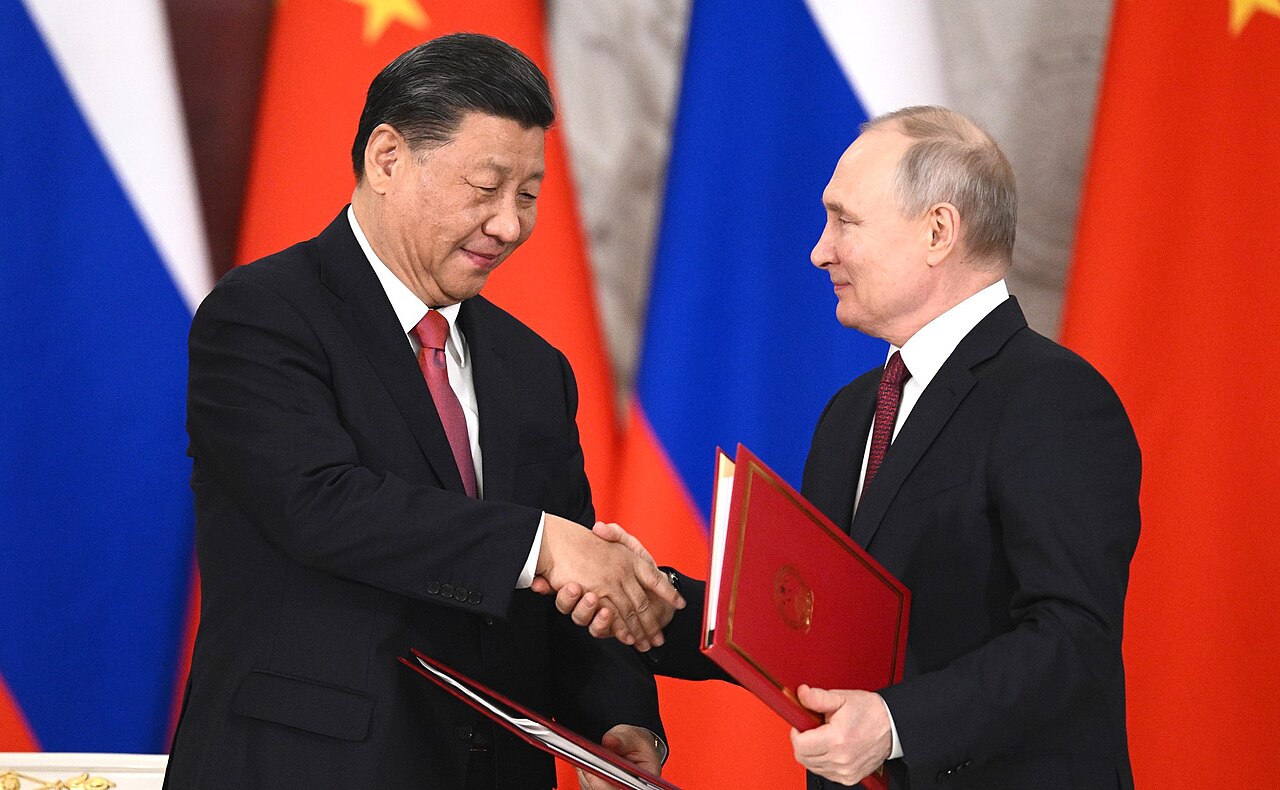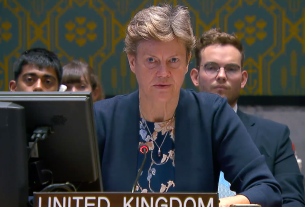Russian President Vladimir Putin and Chinese President Xi Jinping are set to strengthen their strategic partnership during Xi’s visit to Moscow from May 7–10, coinciding with Victory Day celebrations. The leaders will sign a series of bilateral agreements, reinforcing economic and political cooperation between their nations at a time of heightened geopolitical tensions.
Strengthening Economic and Military Ties
The Kremlin has confirmed that the agreements will focus on energy, infrastructure, and military collaboration. China has provided economic and technological support to Russia since the Ukraine war, helping Moscow navigate Western sanctions.
Despite accusations from Western governments that China has supplied weapons components to Russia, Beijing has denied direct military involvement. However, Xi has maintained a cautious stance, warning Putin against the use of nuclear weapons while continuing to bolster trade and diplomatic ties.
Ukraine Ceasefire Proposal and Skepticism
Putin has proposed a temporary ceasefire in Ukraine from May 8–10 to coincide with Victory Day celebrations. However, Ukrainian President Volodymyr Zelensky dismissed the move as political theatrics, insisting that Ukraine would only consider a substantial ceasefire lasting at least 30 days.
Zelensky stated, “Ukraine will not be playing games to create a pleasant atmosphere” over the Russian holiday. The Kremlin’s proposal has been met with skepticism by Kyiv and its Western allies, who view it as an attempt to create a favorable diplomatic backdrop for Xi’s visit.
China-US Trade War and Global Economic Impact
Beyond the immediate diplomatic engagements, the summit takes place against the backdrop of escalating trade tensions between China and the United States.
U.S. President Donald Trump has imposed tariffs of up to 145% on Chinese imports, prompting Beijing to retaliate with its own tariffs on U.S. goods. These economic measures have strained global supply chains, potentially influencing the nature of agreements signed between Russia and China as both nations seek to mitigate Western economic pressure.
Geopolitical Realignment and Future Implications
The agreements signed during Xi’s visit may signal new opportunities in energy, technology, and infrastructure, reinforcing the broader geopolitical realignment in response to Western policies. Investors and global analysts will closely monitor the long-term impact of strengthening Russia-China ties, the ongoing Ukraine conflict, and the evolving U.S.-China trade war.
Conclusion
Xi’s visit to Moscow underscores the deepening alliance between Russia and China, with economic and military cooperation at the forefront. As global tensions continue to rise, the outcomes of this summit will likely shape international trade, security policies, and diplomatic strategies in the months ahead.
President Putin and Xi Picture on Wikimedia by Presidential Executive Office of Russia



